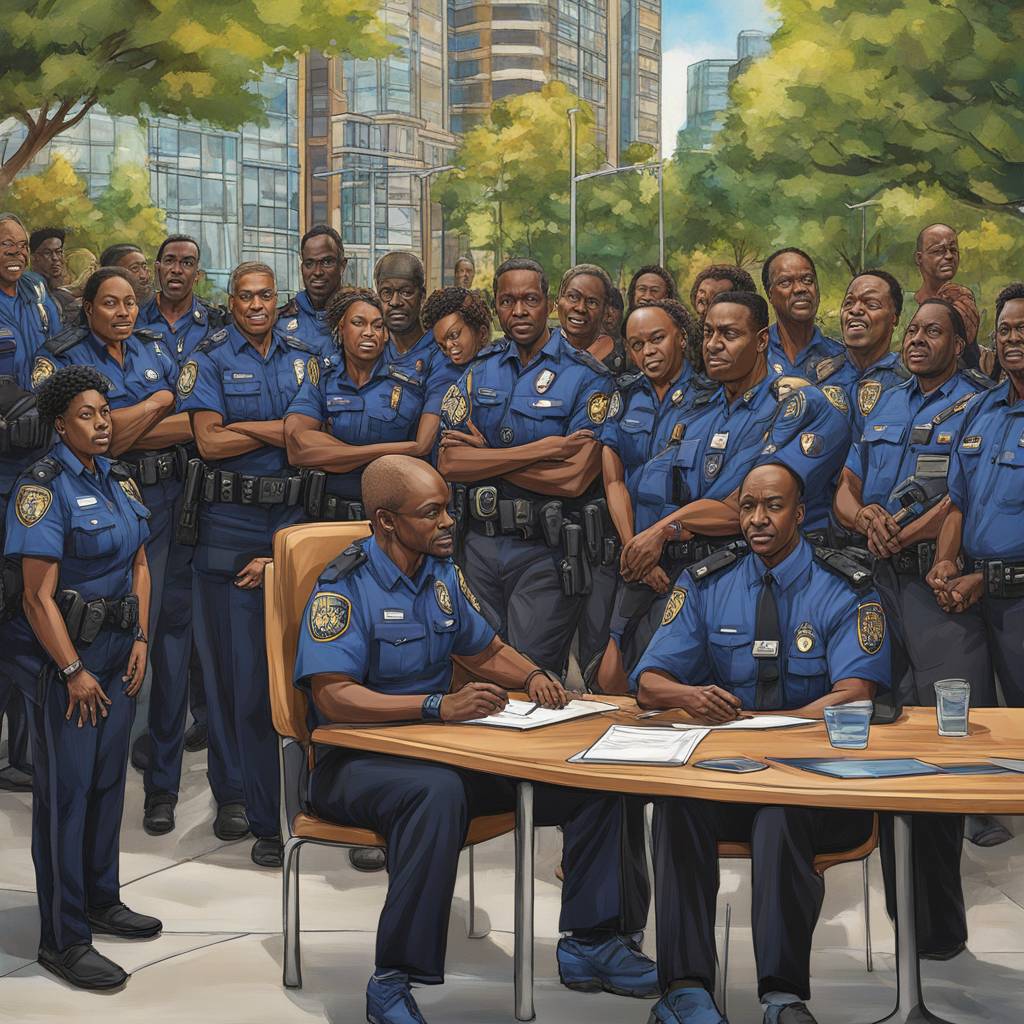The African Descent Advisory Committee, formed in 2021 at the request of the Vancouver Police Board, has decided to cut ties with the board. Comprised of eight African-descent community leaders along with Vancouver police officials, the committee felt that they were not being listened to and were not collaborating effectively with the board. The co-chair of the committee, Sadie Kuehn, stated that the board and senior members of the force were dismissive and disrespectful of the committee’s efforts. A key issue for the committee was the revitalization of the department’s school officer liaison program, which they believed could be harmful to Black, Indigenous, racialized, queer, and disabled students.
In June, a member of the Vancouver Police Board resigned over the decision to reintroduce the officer liaison program, citing concerns that it went against the board’s commitments to anti-racism and decolonization. The decision was made without proper consultation and consideration, leading to accusations of deceit and lack of transparency. The original School Liaison Officer (SLO) program was discontinued in 2021 following a review that highlighted disparities in the sense of safety among different student groups, with lower rates reported by Indigenous and Black students.
The B.C. human rights commissioner wrote a letter in November 2022 urging the end of SLO programs in schools unless they can demonstrate a clear evidence-based need that cannot be met through other services. The lack of research on the effectiveness of SLO programs in enhancing school safety and the absence of focus on the experiences of marginalized students were cited as reasons for this recommendation. B.C.’s Solicitor General Mike Farnworth expressed concern over the committee’s decision to cut communication with the police board, emphasizing the importance of addressing community concerns. Legislative changes are expected to address some of the issues raised by the committee and aim to improve community relations.
The committee’s decision to sever ties with the Vancouver Police Board is a significant development in ongoing efforts to address systemic issues and improve community policing practices. The lack of collaboration, transparency, and consideration of marginalized voices have been key issues for the committee, leading to their decision to disengage. The concerns raised by the committee and other advocates highlight the need for meaningful dialogue, evidence-based decision-making, and a commitment to anti-racism and inclusivity in all aspects of policing and community relations.
As the conversation around the role of police officers in schools continues, it is essential to consider the perspectives and experiences of all stakeholders, particularly marginalized communities. The voices of Black, Indigenous, racialized, queer, and disabled students must be central to any decisions regarding police presence in educational settings. The letter from the B.C. human rights commissioner underscores the importance of an evidence-based approach and a focus on the well-being and safety of all students, especially those who are disproportionately impacted by policing practices. Moving forward, it is crucial for all parties involved to engage in constructive dialogue, prioritize community input, and work towards building trust and understanding between law enforcement agencies and the communities they serve.


